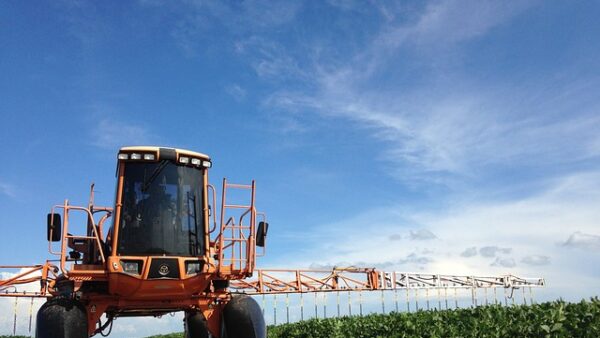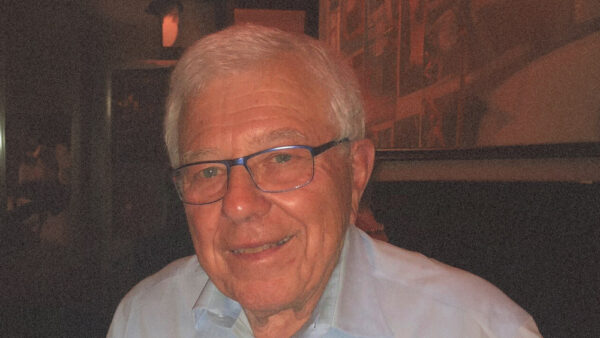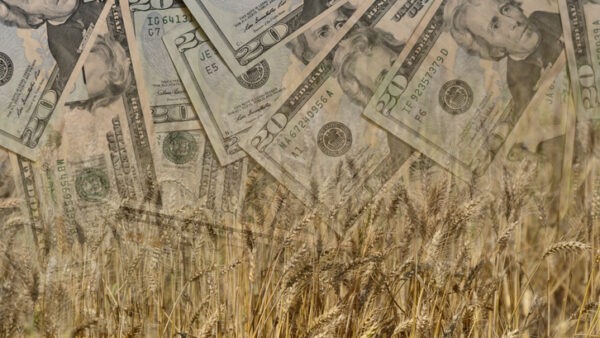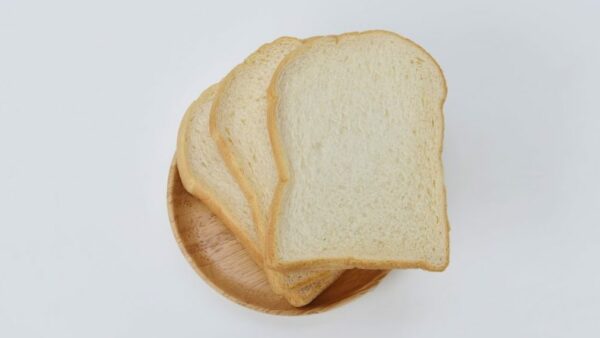Supreme Court Holds: Patent Exhaustion Does Not Apply to Patented Seeds
Patent law experts say the recent decision by the U.S. Supreme Court in the case of Bowman v. Monsanto will provide the seed industry with a sense of security and will ensure thousands of patents will be enforcible for their lifetimes.
The issue of saving seed has always been a controversial and complicated matter in the United States. Traditionally, U.S. courts have held that seed reproduced from patented seed could not be saved based on the premise that the doctrine of patent exhaustion does not extend to self-replicating patented technology. However, as applied to patented seed, the doctrine of patent exhaustion had never been affirmed by the highest court in the land until May 13, when the United States Supreme Court, in a unanimous decision, held in Bowman v. Monsanto et al., that patent exhaustion does not permit a farmer to reproduce patented seeds through planting and harvesting without the patent holder’s permission.
According to U.S. patent law, a patent provides the patent holder the right to “exclude others from making, using, offering for sale, or selling the invention throughout the United States or importing the invention into the United States.” In the agricultural industry, patents are granted on subject matter such as novel genes, promoters, selectable markers, novel traits and novel plant varieties. However, the ability to protect seed through patents and the scope of patent protection for seed has not always been completely understood, especially how the doctrine of patent exhaustion would be applied to patented seed.
Patent exhaustion is a principle of law that is applied once an unrestricted sale, authorized by the patent owner of a patented product, takes place. Lower courts, nevertheless, have traditionally held that self-replicating technology, such as seed, did not fall under the rule of patent exhaustion.
In 2002, in Monsanto v. McFarling, the Federal Circuit Court of Appeals affirmed the principle that the doctrine of patent exhaustion did not provide the right to save patented seed. In this case, McFarling saved Roundup Ready seed and replanted the saved seed in violation of Monsanto’s technology agreement. McFarling argued misuse of patents before the U.S. Federal District Court and the court did not agree. “The right to save seed of plants registered under the PVPA does not impart the right to save seed of plants patented under the Patent Act.” The court stated that the “first sale” doctrine of exhaustion of the patent right is not implicated, as the new seeds grown from the original batch had never been sold.”
The questions before the court in the Bowman case were: whether the court should refuse to find patent exhaustion in patented seeds that were sold for planting; and whether to create an exception to the doctrine of patent exhaustion for self-replicating technologies.
After McFarling, the Federal Circuit Court of Appeals in 2006 further clarified the scope of patent exhaustion in relation to patented seed in Monsanto v. Scruggs. Monsanto sued Scruggs for patent infringement of Roundup Ready soybeans and cotton based on the premise that Scruggs had replanted patented seed. Scruggs had purchased the patented soybean and cotton seed from companies without signing a license from Monsanto. Scruggs planted the purchased seeds and replanted subsequent generations of seed. Federal Circuit held that “without the actual sale of the second generation seed to Scruggs, there can be no patent exhaustion. The fact that a patented technology can replicate itself does not give a purchaser the right to use replicated copies of the technology. Applying the first sale doctrine to subsequent generations of self-replicating technology would eviscerate the rights of the patent holder.”
In 2012 in Bowman v. Monsanto, the Supreme Court finally decided the time was right to settle the issue of whether patent exhaustion applied to patented seed. Bowman, an Indiana farmer, saved and replanted patented Monsanto soybean seeds for several years. Monsanto sued Bowman and the case was eventually taken to the Supreme Court.
The questions before the court in the Bowman case were: (1) whether the court should refuse to find patent exhaustion in patented seeds that were sold for planting; and (2) whether to create an exception to the doctrine of patent exhaustion for self-replicating technologies. That is, in this case, whether a farmer who buys patented seeds may reproduce them through planting and harvesting without the patent holder’s permission.
The Bowman case involved the use of soybean seeds that included Monsanto’s patented Roundup Ready herbicide resistance trait. According to the case history, Bowman purchased seeds from a local grain elevator that had been harvested from local fields in previous seasons and included seeds with the Roundup Ready trait. After purchasing the seeds, Bowman planted them and saved some of the resulting seed for planting again.
Monsanto had prevailed on summary judgment of patent infringement at the District Court level. On appeal to the Federal Circuit, Bowman argued that the doctrine of patent exhaustion was triggered by the authorized sale of the patented seed by the grain elevator to Bowman, and that because of the authorized sale of the patented seed, subsequent generations of seed could also be used, because the purchased seed “substantially embodies” later generations.
The Federal Circuit rejected Bowman’s “substantially embodies” argument and held that patent exhaustion was not available as a defense to patent infringement for at least some of Bowman’s activities. The Federal Circuit focused its decision on the plants and seed Bowman grew from the purchased seed. The Federal Circuit held that Bowman’s authorized purchase of the patented seed from the grain elevator did not exhaust Monsanto’s rights in subsequent generations of plants and seeds that Bowman made from the purchased seed. According to the Federal Circuit, “[t]he fact that a patented technology can replicate itself does not give a purchaser the right to use replicated copies of the technology. Once a grower, like Bowman, plants the commodity seeds containing Monsanto’s Roundup Ready technology and the next generation of seed develops, the grower has created a newly infringing article.”
Believing the Federal Circuit had erred in its ruling, Bowman appealed the ruling to the United States Supreme Court. On review of the case, the Supreme Court decided to focus its review of the matter on the term “making” and how the term should be applied to the doctrine of patent exhaustion. The focus on the term making was based upon the language in the U.S. Patent Act granting a patent holder the “right to exclude others from making, using, offering for sale, or selling the invention.”
Bowman argued before the court that patent exhaustion should apply because “seeds are meant to be planted.” The court noted that the doctrine of patent exhaustion is meant to prevent a patentee from “controlling the use of a patented product following an authorized sale.” Bowman argued that in planting the patented seeds, “he is merely using them in the normal way farmers do.”
However, the court did not agree with Bowman, stating that “the exhaustion doctrine does not enable Bowman to make additional patented soybeans without Monsanto’s permission.” “[I]f simple copying were a protected use, a patent would plummet in value after the first sale of the first item containing the invention. The undiluted patent monopoly, it might be said, would extend not for 20 years (as the Patent Act promises), but for only one transaction. And that would result in less incentive for innovation than Congress wanted.” In the end the court determined that “Bowman planted Monsanto’s patented soybeans solely to make and market replicas of them, thus depriving the company of the reward patent law provides for the sale of each article. Patent exhaustion provides no haven for that conduct.”
The importance of this case for the U.S. seed industry is immense. The U.S. Supreme Court’s holding provides the seed industry with a sense of security knowing that the thousands of seed patents that have been granted during the past 15 to 20 years will be enforcible for the life of the patent. Having the U.S. Supreme Court confirm that patent exhaustion does not apply to patented seeds through Bowman secures and ensures continued innovation within the U.S. agricultural industry.
James M. Weatherly and Barbara Campbell
James M. Weatherly and Barbara Campbell are attorneys at Cochran Freund & Young LLC in Denver, Colo., and have more than 15 years of experience in prosecuting and enforcing horticultural, varietal, and biotechnology-based patents, plant patents, United States Plant Variety Protection, plant breeders’ rights and trademarks worldwide. They can be contacted at 303-341-7700, jamesw@patentlegal.com or barbc@patentlegal.com.













